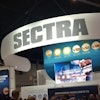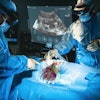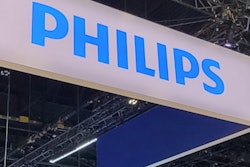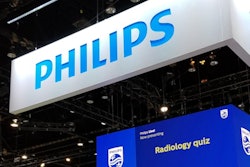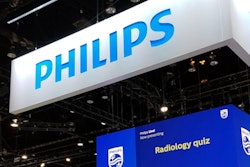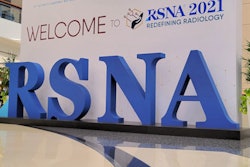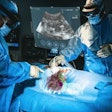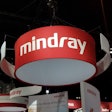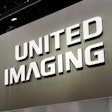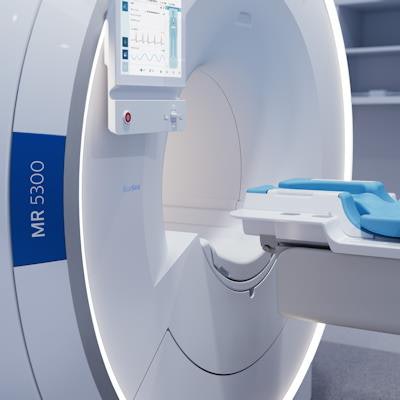
With the start of RSNA 2021 fast approaching, Philips has revealed details about its new 1.5-tesla and 3-tesla MRI scanners, as well as software-based workflow enhancements.
MR 5300 is a 1.5-tesla scanner that extends to a new scanner the BlueSeal helium-free operation concept Philips first pioneered in 2018 on the company's Ingenia Ambition X scanner. The technology seals helium directly into the magnet, such that BlueSeal scanners do not require helium refills or quench pipes.
In addition to BlueSeal technology, MR 5300 features a number of enhancements powered by artificial intelligence (AI) to improve workflow, efficiency, and image quality. The scanner is able to simplify and automate many complex clinical and operational tasks, according to the company.
The scanner sports a 55-cm field of view, which enables extended anatomical coverage. It also supports Philips' dStream Breeze radiofrequency coils, which are designed to be lightweight and easily positioned on the patient. Coils can be wrapped around patient anatomy, for example, according to Philips. MR 5300 has 510(k) clearance from the U.S. Food and Drug Administration (FDA).
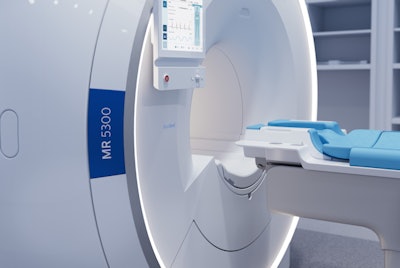 MR 5300 is a new MRI scanner from Philips that's based on the company's BlueSeal helium-free technology. Image courtesy of Philips.
MR 5300 is a new MRI scanner from Philips that's based on the company's BlueSeal helium-free technology. Image courtesy of Philips.The second MRI scanner Philips is launching, MR 7700, is a 3-tesla magnet that's designed to be suitable for both clinical and research purposes. In designing the scanner, Philips started with its existing 3-tesla MRI platform and boosted the gradient strength to 65 mT/m with a peak slew rate of 200 T/m/s.
For research use, Philips is touting the fact that MR 7700 has integrated multinuclear clinical capabilities, which will give researchers flexibility for new investigations. The company has expanded the functionality of the scanner to include five additional nuclei, which will give researchers insight into more metabolic and functional information across anatomies, while also making multinuclei imaging possible as part of daily MR clinical workflow. MR 7700 is pending FDA clearance and will be shown at RSNA 2021 as a work in progress.
Also at RSNA 2021, Philips will be highlighting a new AI-powered data reconstruction platform, called SmartSpeed. The platform applies the company's Adaptive-CS-Net AI algorithm directly to the source of MRI signals, and it is designed to support 97% of current clinical protocols. In fact, Philips will roll out SmartSpeed on its Compressed SENSE MRI acceleration technology.
Finally, MR Workspace is a new AI-driven user interface for Philips MRI customers. The interface is designed to help users manage patients, prepare protocols, and in general plan for their workday, according to the company. MR Workspace is commercially available; it will be shipped on all new scanners and made available to the company's installed base in the field.
